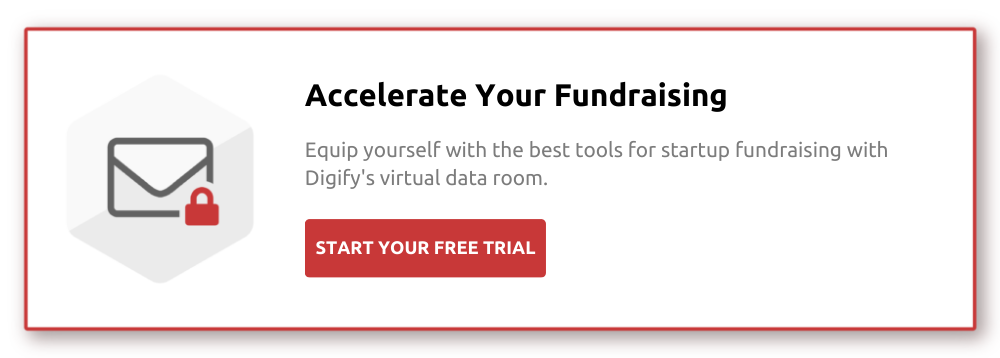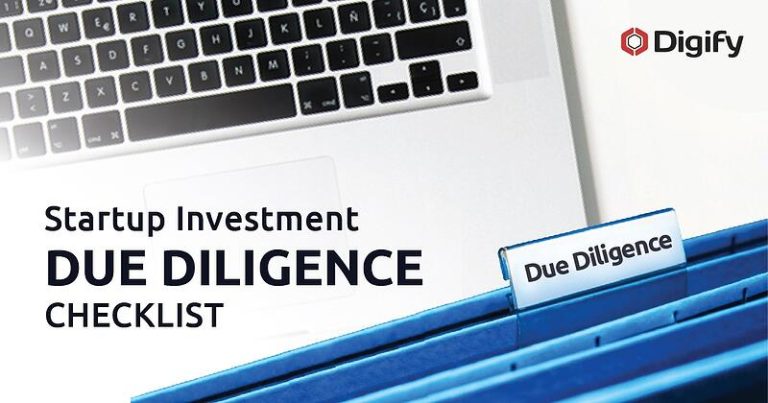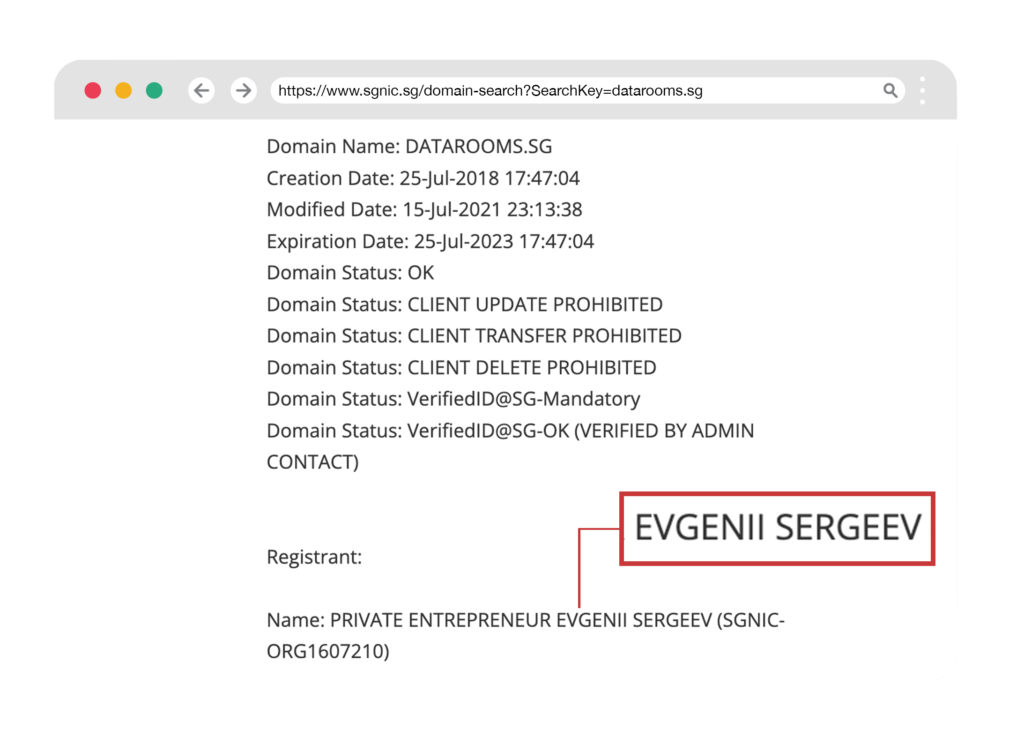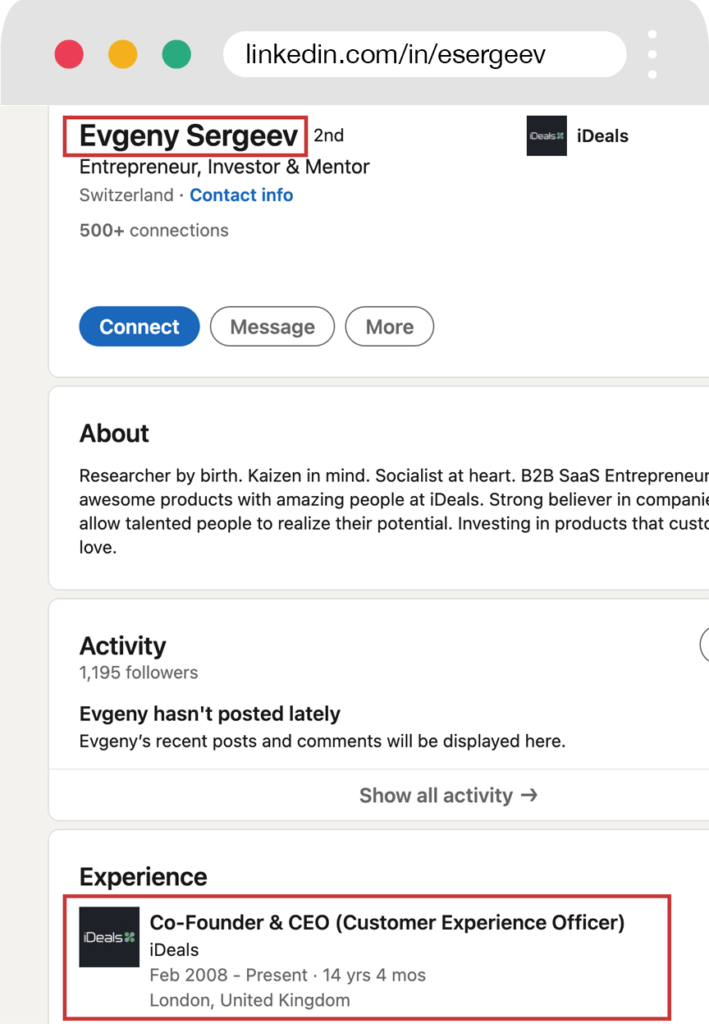If you’re going to raise venture capital for your startup, it’s important that you complete your investment due diligence on the topic. Understanding the important must-knows of Series A round will help you more effectively reach your financing goals and ensure that you’re able to provide the information needed by your investors.
At this point, you’re already organizing your virtual data room for all the fundraising and due diligence documents. Before you dive into your investment goals, however, it’s critical that you understand these key tips.
9 things founders raising Series A funding should know about
- Series A funding readiness may not look like you think
- Timing matters
- Networking is critical to success
- You need a compelling narrative
- Your pitch should be smooth and practiced
- Put your paperwork in place early
- You want the right VC
- Your deal terms matter
- Close fast
The face of venture capital financing has changed substantially over the past several years. Today’s investors are looking for a very different set of milestones before they’re willing to commit the funds your business needs. By ensuring that you’re ready to raise your Series A round and that you know the major things that will help influence its success, you’ll improve your odds of getting in contact with the right investors and having them recognize the worth of your business.
Tip #1: Series A funding readiness may not look like you think
You know that you need more venture capital for your company, and you’re ready to go that extra mile to get it — but is your business really ready to start raising venture capital? Many founders jump into the process long before the business is really set up to handle it — and as a result, they may not be able to secure the funds they need.
The milestones for raising this round are very different from the seed or angel rounds. Make sure that your business is truly ready by looking for these key characteristics:
- You have a valid business model that can quickly be scaled and adapted according to the changing needs of your company
- You have promising unit economics
- You’re generating revenue on a smaller scale than what you can manage with the funds you’re asking for
- You know where your product fits within the current market
- You’ve started drumming up customers and have a good idea where you need to go in order to reach more of them
- All of your legal documentation and compliance forms are in order and up-to-date
Realistically, you’ll know that you’re Series A ready when a VC will open your email pitch and offer you investment as a result. You’ve achieved something that works, whether that’s an outstanding business model or a successful product, and all you need in order to take your business to the next level is funding. By ensuring that all of the other pieces are in place before you choose to write your pitch, you increase your odds of hearing a yes and that will help push your business towards success.
Keep in mind, too, that different organizations have different requirements for Series A funding support. Make sure to carefully research the VC firms you’ve chosen to approach before putting your proposal together. Then, check out this due diligence checklist to make sure you’re ready to secure VC investments.
Tip #2: Timing matters
When you’re ready to dive into the Series A funding pool, it’s not just about ensuring that your ducks are in a row and that you have your paperwork — and your business model — in order. You also want to be sure that you’re choosing the right moment to make your pitch. November and December, for example, are notoriously difficult times of year to meet your goals.
You should also pay careful attention to the season when your business will most benefit from raising funds. If you have a seasonal business, make sure to do your fundraising before you need the capital to help boost your business through that important season.
Tip #3: Networking is critical to success
You’ve spent a lot of time building a network dedicated to your overall business success. Now, it’s time to leverage that network — especially the people that you’ve already built in-depth relationships with. Securing an investment from an organization doesn’t happen overnight. Like any other relationship, you must build trust over time, showing your business to be trustworthy and capable.
Ideally, you want to meet with your potential investors as early in the process as possible in order to give them a better idea of who you are and what you’re hoping to accomplish. Just like you wouldn’t offer a loan to a “friend of a friend” you’d just met without a compelling statement of their character, you can’t expect investors to dive in and offer money the first time you meet. Instead, bring investors on board when you have a working prototype or something else you can show them, then give them an idea of your future business goals.
As you continue to prove that you are trustworthy and that you’re meeting those important milestones, you’ll find that it’s easier to attract the investors your business needs. Fundraising is like a marriage: you need a deep relationship with your investors in order for them — and you — to fully benefit from it.


The dots represent the times you’re meeting a particular investor — starting with a dot. If the investors see that a positive pattern over time in the form of the product updates or customer adoption, then they can tell that you’re making progress in your business.
A word of advice from entrepreneur-turned-VC Mark Suster,
“Meet your potential investors early. Tell them you’re not raising money yet but that you will be in the next 6 months or so. Tell them you really like them so you want them to have an early view (which is what all investors want).”
It’s important to note that seed round is often easier to acquire than series investments. You’ll need to leverage your network more completely when you’re attempting to secure Series A financing than you ever have before — and you’ll need to do it as early in the process as possible to give investors time to understand what you’re trying to accomplish and come on board.
Tip #4: You need a compelling narrative
Your narrative is one of the most important selling points of your business. You don’t just want to present raw facts and figures to potential VCs; instead, you want to give them a strong look at your story. Give potential VCs a look at your story.
What does your background look like — especially the parts of your background that give you experience in your industry? What problems have you found in the world that your business has the potential to address, and how are you planning to meet that goal through your new business? How is your solution going to transform the world or the way people look at similar problems in the future?
This article on Forbes explains how telling a compelling narrative will help potential VCs want to become part of your story. As Mosaic co-founder and CEO Gerard Murphy notes, “Humans are hardwired to love a great story.” The better the story you tell, the more interested VCs will be.
Tip #5: Your pitch should be smooth and practiced
You should never walk into a meeting with a potential investor planning to “wing it.” Securing these funds is serious business, and you want to be sure that you have the right attitude and the right words from the start of your pitch to the end.
These strategies can make it easier to create a great pitch that will help you meet your goals.
- Take the time to put together a thoughtful, practiced pitch that has all of the key details.
- Shorten it down to the “elevator resume” version, then expand it so that you always have the right keys on hand for any room of investors.
- Work with other founders to refine your pitch. They’ll be able to give you advice that will help you succeed.
- Listen for objections and obstacles, then prepare responses to them. This will help you be prepared for whatever comes up when you’re actually issuing your pitch.
Jake Fisher, one of the founding partners of Venture Formations, gave really good techniques on how to perfect your pitch. He recommends practicing your pitch in an environment similar to the one where you’ll actually be giving it in order to create higher levels of confidence in both yourself and your pitch — a strategy that can make it easier to approach the VCs you’re hoping will invest in your business.

Tip #6: Put your paperwork in place early
Your paperwork is one of the most critical steps to finishing the Series A process. How long it takes you to raise the money you need will vary based on the VCs you approach, how much they’re willing to invest in your business, and how much money you need as well as your other fundraising goals.
Having your paperwork in a ready-to-access data room will shorten that time and make it easier for you to get your funds. Make sure you’ve gathered:
- Any information about employees (both past and present if relevant)
- Past financing information
- Your corporate structure
- All client and third-party contracts
- Intellectual property information
All this information should be in place and waiting for your investor’s legal counsel, enabling them to quickly look over the paperwork and make relevant decisions about their investments in your business. Get a copy of this investment due diligence checklist to help ensure that all of your paperwork is in order!
Tip #7: You want the right VC
Knowing who to pitch your investment needs to is just as critical as how to pitch them. You want to start with VCs who are already investing their funds in your industry. Take the time to get to know the investment scene: who’s investing? Who has backed off recently? The better you know potential VCs, the better you can connect with them moving forward.
Following the 30-10-2 rule can help your business see the investment success it needs. Familiarize yourself with the startup investment scene. Find a way to get warm introductions to 30 potential investors. From there, 10 are likely to want to meet you and 2 of which might want to invest in you.
Realize that if you don’t acquire those two investors from your initial 30, you may have to start the process over again — but don’t oversell yourself, either. If you reach out to too many VCs, you’ll find that many of them are no longer interested in what your business has to offer.
Remember, VCs want to find new things that no one else knows about, then put their funds behind them — and your goal is to become that investment.
Tip #8: Your deal terms matter
When you close that initial deal for Series A, you may breathe a sigh of relief. Even if it doesn’t go as you expected, at least it’s over!
The terms of the deals you write for Series A, however, are unlikely to disappear. Many of them will follow you into your Series B and C efforts and beyond. For that reason, it’s important to make sure that you get the terms of your investor funding right the first time. Work with other founders or a trusted mentor to ensure that you get the terms right the first time.
Tip #9: Close fast
When you see that you have traction with a VC or series of VCs, taking advantage of that traction will make it easier to secure the last of that round of investment. Let VCs know that you have X amount, and that you’ll be closing the round in a certain, usually short, amount of time.
For example, you’re within $300,000 of your goal, so you’ll be closing this round in just two weeks. This will encourage VCs to bring in other interested parties — not to mention motivating investors who might previously have been on the fence about contributing to your company.
Your startup fundraising efforts are a critical part of securing the success you need for your business. By following these key points, you’ll find yourself better positioned to handle the demands of Series A financing, securing the support you need from investors and positioning you as one of the newest up-and-coming members of your industry.















